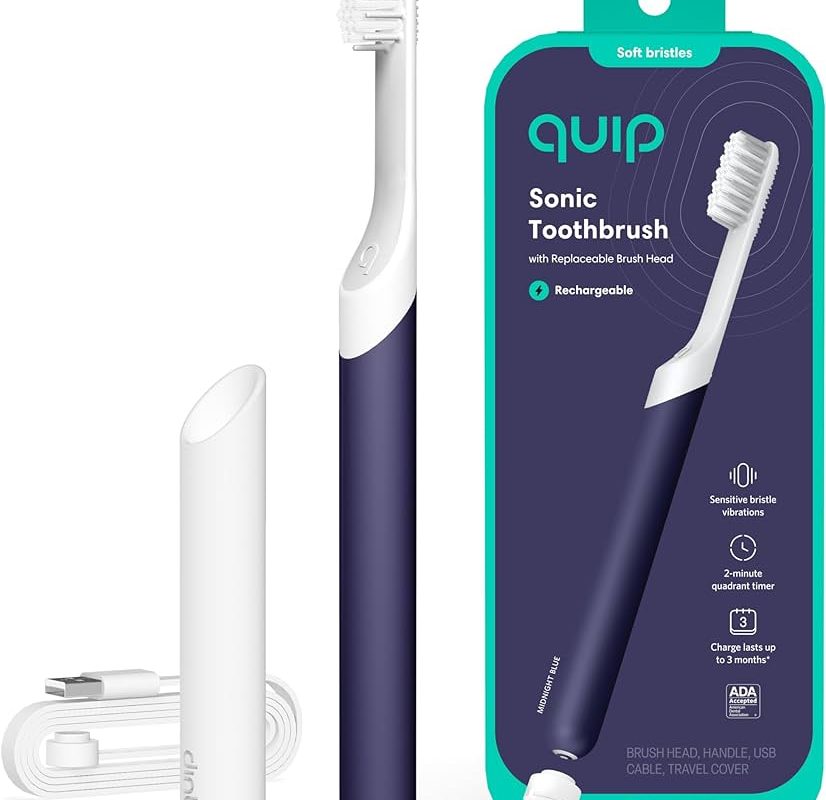Introduction:
Sensitive teeth can be a common issue that causes discomfort or pain when exposed to hot or cold temperatures, acidic foods, or even when brushing. Selecting the right toothbrush plays a crucial role in managing sensitivity and maintaining optimal oral health. In this guide, we will explore the factors to consider when choosing a toothbrush for sensitive teeth, as well as recommend some options that provide gentle and effective cleaning for sensitive teeth.
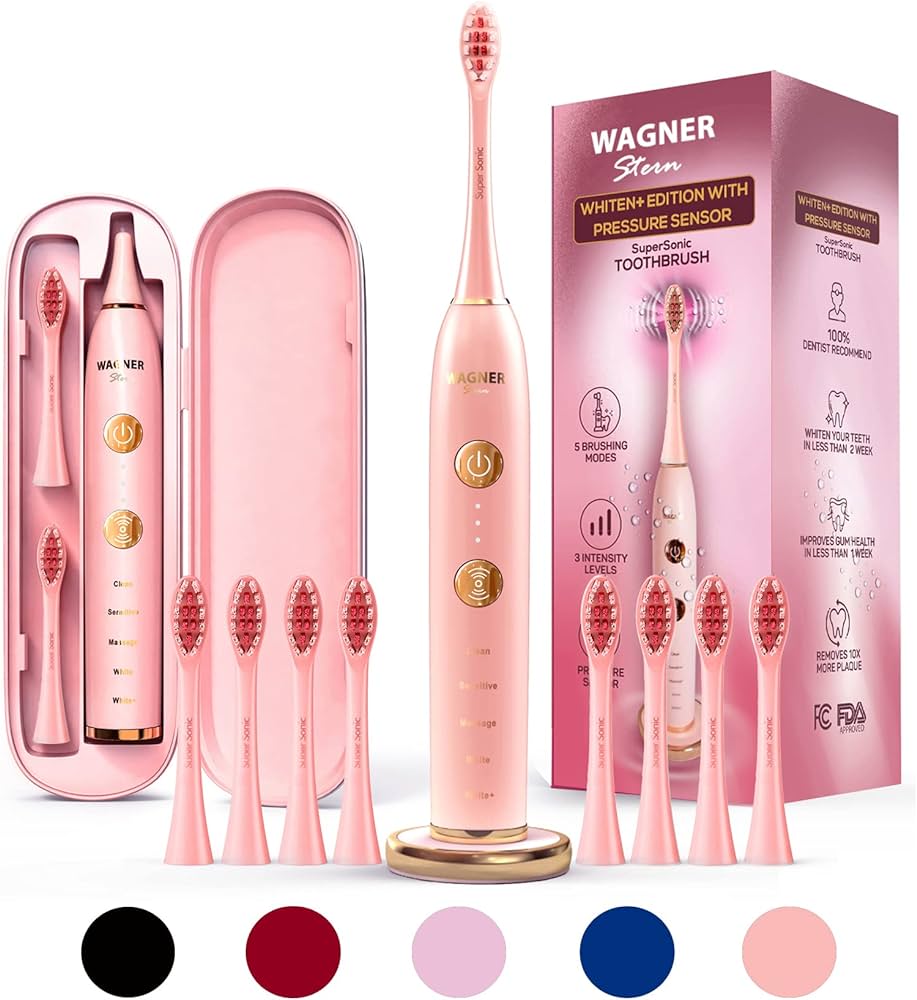
Which toothbrush is best for sensitive teeth?
Understanding Tooth Sensitivity:
Tooth sensitivity occurs when the enamel, which is the protective outer layer of the tooth, becomes thinner or when the tooth’s underlying layer, known as dentin, becomes exposed. Dentin contains tiny tubules that connect to the tooth’s nerve, making it more sensitive to external stimuli. Common causes of tooth sensitivity include enamel erosion, gum recession, tooth decay, tooth grinding, or cracked teeth.
Characteristics of a Toothbrush for Sensitive Teeth:
When choosing a toothbrush for sensitive teeth, several key characteristics are important to consider:
a) Soft bristles: Opt for a toothbrush with soft bristles. Soft bristles are gentle on the tooth enamel and gums, minimizing the risk of further irritation or damage.
b) Gentle brushing motion: Look for a toothbrush that provides a gentle brushing motion to prevent excessive pressure on the teeth and gums. A toothbrush with oscillating-rotating or sonic technology can help achieve a gentle yet effective cleaning action.
c) Small brush head: A toothbrush with a small brush head allows for better maneuverability and access to hard-to-reach areas, ensuring thorough cleaning without applying excessive force.
d) Comfortable handle: Choose a toothbrush with a comfortable, ergonomic handle that provides a secure grip. This allows for better control and reduces the risk of slipping, especially if you have sensitive teeth.
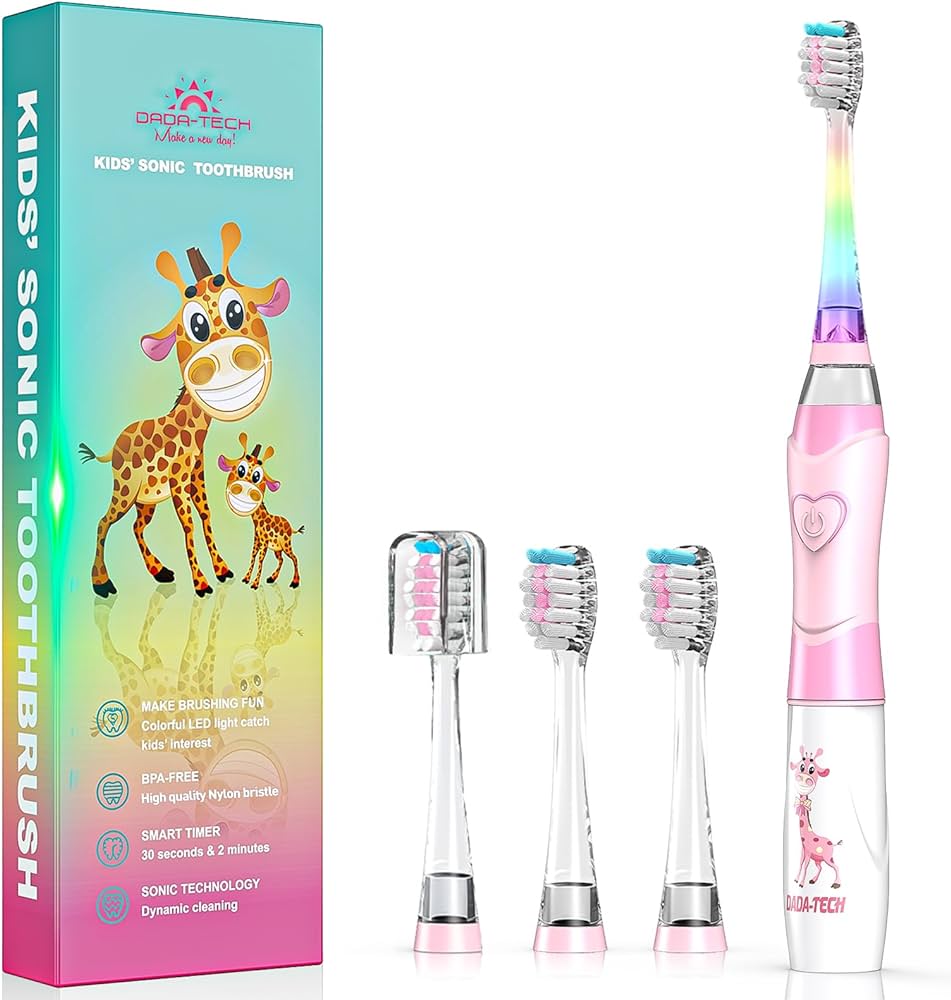
Manual Toothbrush Options for Sensitive Teeth:
a) Oral-B Sensitive Gum Care Manual Toothbrush: This toothbrush is specifically designed for individuals with sensitive teeth and gums. It features extra-soft bristles that are gentle on the enamel and gums, providing effective cleaning without causing further irritation.
b) Colgate 360 Sensitive Pro-Relief Toothbrush: The Colgate 360 Sensitive Pro-Relief Toothbrush is designed with extra-soft bristles and a unique cheek and tongue cleaner. It provides gentle and thorough cleaning for sensitive teeth while promoting overall oral health.
c) Sensodyne True White Sensitive Toothbrush: This toothbrush from Sensodyne is specifically designed for individuals with both sensitive teeth and a desire for whitening benefits. It features soft, tapered bristles that are gentle on sensitive teeth while removing surface stains.
Electric Toothbrush Options for Sensitive Teeth:
Electric toothbrushes can be beneficial for individuals with sensitive teeth, as they provide gentle yet effective cleaning. Consider the following options:
a) Oral-B Pro 1000 Electric Toothbrush: The Oral-B Pro 1000 Electric Toothbrush offers a gentle oscillating-rotating brushing motion and a sensitive mode. It comes with a pressure sensor to prevent excessive force and a small round brush head for precise cleaning.
b) Philips Sonicare ProtectiveClean 4100 Electric Toothbrush: This Sonicare electric toothbrush features a gentle sonic brushing motion and a sensitive mode for individuals with sensitive teeth. It has a built-in pressure sensor and a small brush head for optimal cleaning in hard-to-reach areas.
c) Waterpik Complete Care 9.0 Sonic Electric Toothbrush: The Waterpik Complete Care 9.0 Sonic Electric Toothbrush combines gentle sonic brushing with water flossing capabilities. It features a sensitive mode and comes with multiple brush heads to cater to individual needs, including those with sensitive teeth.
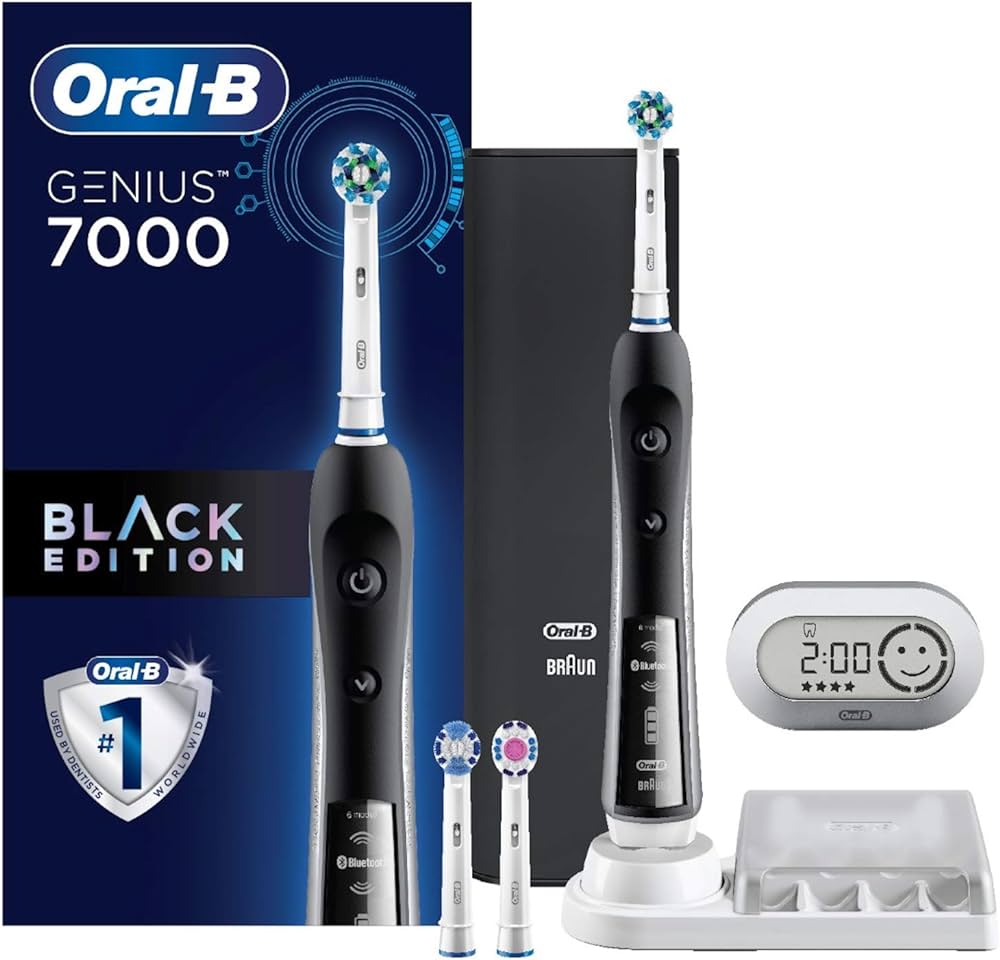
Additional Tips for Managing Tooth Sensitivity:
In addition to using a toothbrush specifically designed for sensitive teeth, consider the following tips for managing tooth sensitivity:
a) Use desensitizing toothpaste: Switch to a desensitizing toothpaste that contains ingredients like potassium nitrate or stannous fluoride. These toothpastes help reduce tooth sensitivity over time.
b) Avoid acidic foods and drinks: Limit consumption of acidic foods and beverages, as they can further wear down the enamel and increase sensitivity. This includes citrus fruits, soda, and acidic juices.
c) Practice proper oral hygiene: Maintain a consistent oral hygiene routine that includes gentle brushing, flossing, and rinsing with an alcohol-free mouthwash. This helps remove plaque, bacteria, and food particles while minimizing sensitivity.
d) Limit teeth grinding: If you grind your teeth, consider using a mouthguard at night to protect your teeth from further damage and sensitivity.
e) Regular dental check-ups: Schedule regular dental check-ups to address any underlying dental issues contributing to tooth sensitivity. Your dentist can provide personalized recommendations and treatments to manage sensitivity effectively.
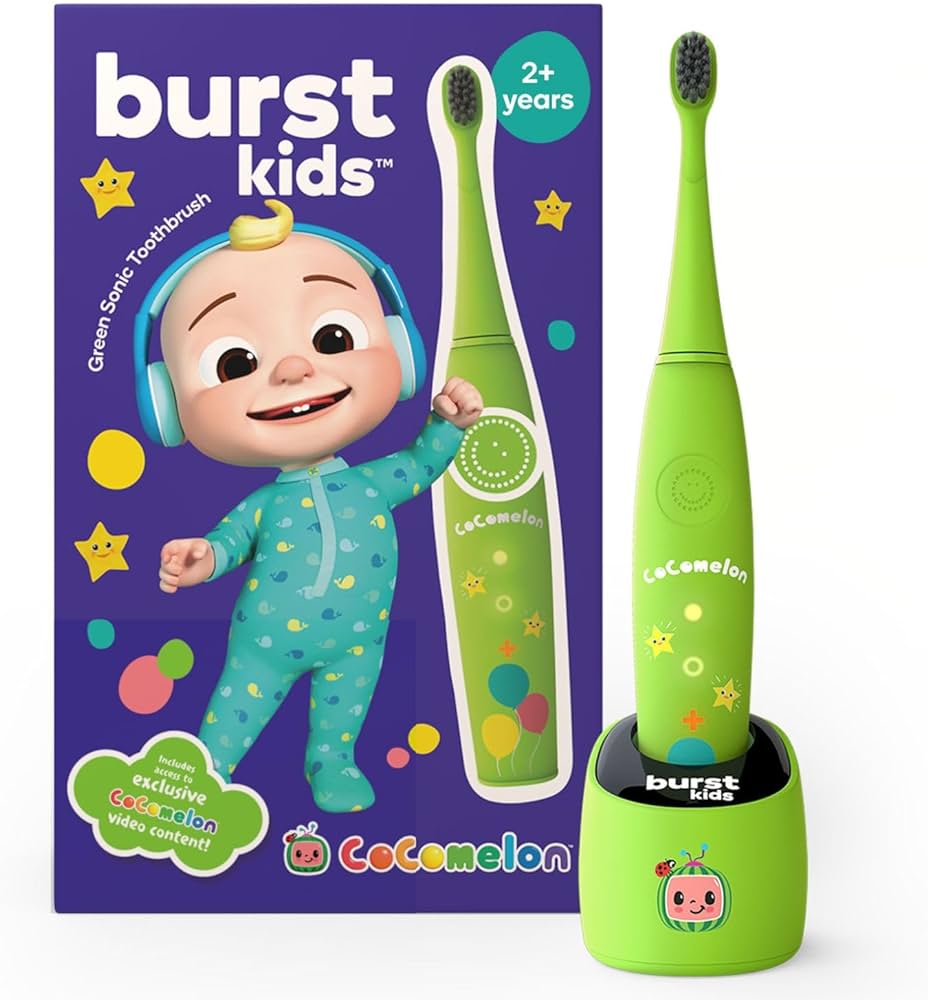
Consultation with Dental Professionals:
If you experience persistent tooth sensitivity or have specific concerns, it is advisable to consult with your dentist or dental hygienist. They can assess your oral health, identify the underlying cause of sensitivity, and provide tailored recommendations for managing sensitivity effectively.
Importance of Trial and Error:
It is important to note that the best toothbrush for sensitive teeth can vary from person to person. Tooth sensitivity can differ in severity and specific triggers, so it may require some trial and error to find the toothbrush that works best for you. What works for one individual may not work for another. Therefore, it is advisable to experiment with different toothbrushes and pay attention to how your teeth and gums feel after brushing.
Seeking Recommendations from Dental Professionals:
If you are unsure about which toothbrush to choose for your sensitive teeth, consulting with a dental professional is highly recommended. Dentists and dental hygienists have extensive knowledge and experience in addressing tooth sensitivity and can provide personalized recommendations based on your specific needs and oral health condition. They may also suggest additional treatments or strategies to manage tooth sensitivity effectively.
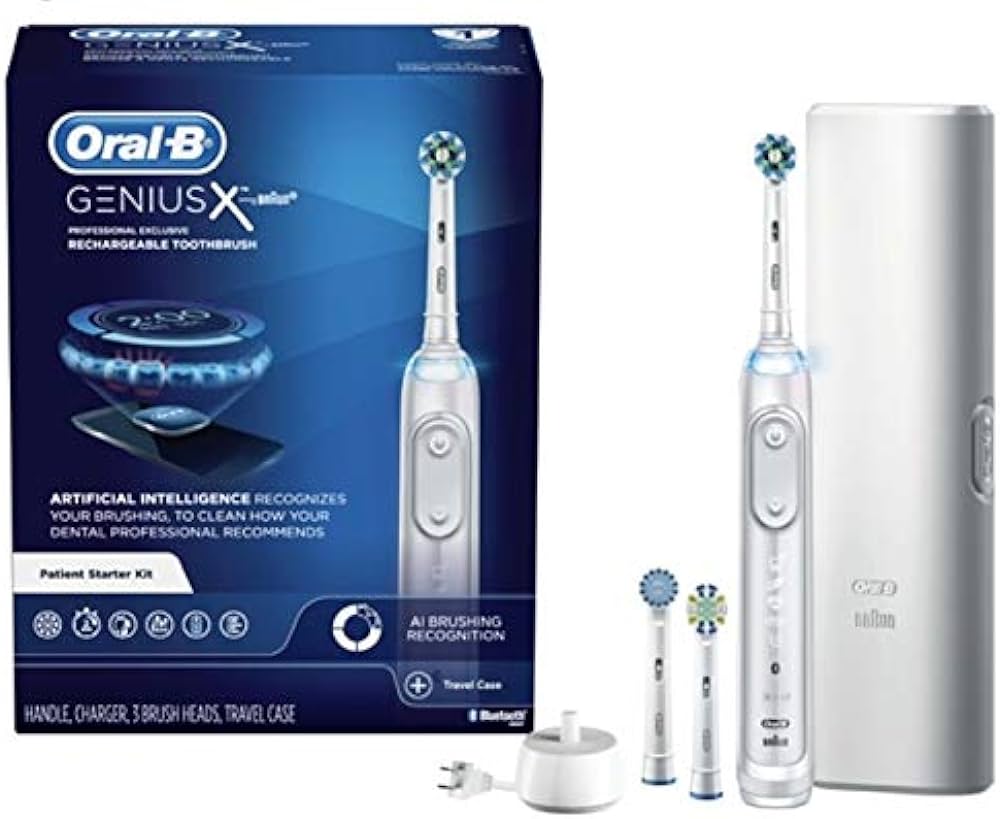
Conclusion:
Choosing the right toothbrush for sensitive teeth is essential for maintaining optimal oral health and managing tooth sensitivity. Consider a toothbrush with soft bristles, a gentle brushing motion, a small brush head, and a comfortable handle. Manual toothbrush options for sensitive teeth include the Oral-B Sensitive Gum Care Manual Toothbrush, Colgate 360 Sensitive Pro-Relief Toothbrush, and Sensodyne True White Sensitive Toothbrush. Electric toothbrush options include the Oral-B Pro 1000 Electric Toothbrush, Philips Sonicare ProtectiveClean 4100 Electric Toothbrush, and Waterpik Complete Care 9.0 Sonic Electric Toothbrush. Additionally, follow tips such as using desensitizing toothpaste, avoiding acidic foods/drinks, practicing proper oral hygiene, limiting teeth grinding, and seeking regular dental check-ups. By selecting an appropriate toothbrush and implementing these strategies, you can effectively manage tooth sensitivity and maintain a healthy smile.

